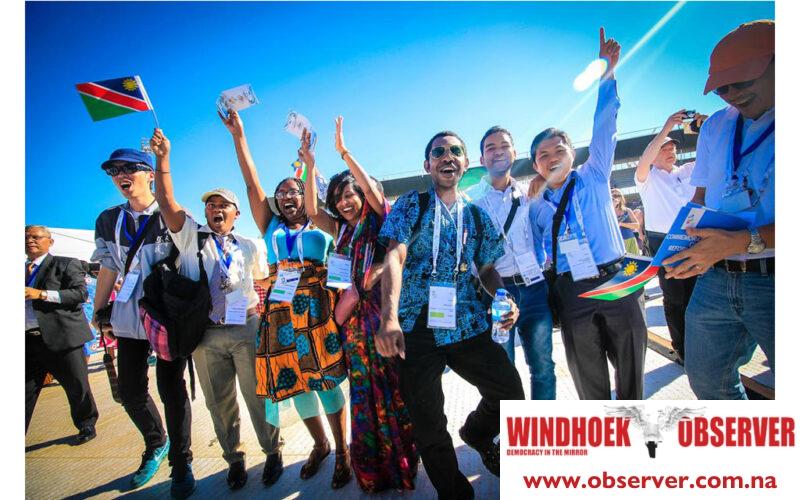CHAMWE KAIRA
Namibia has a happiness index of 4.63, according to the World Happiness Report. The highest ranked country is Finland with 7.80 with the lowest being Afghanistan with a ranking of 1.86.
South Africa has an index of 5.27, Mauritius 5.70, Mozambique 4.95, Zambia 3.98, Malawi 3.50, Botswana 3.44 and Zimbabwe 3.20.
The IMF said in the last 10 years since United Nations General Assembly adopted the resolution proclaiming 20 March to be observed annually as International Day of Happiness, more people have come to believe that success as countries should be judged by the happiness of its people.
“There is also a growing consensus about how happiness should be measured. This consensus means that national happiness can now become an operational objective for governments,” the IMF said.
It said life evaluations have continued to be remarkably resilient, with global averages in the COVID-19 years 2020-2022 just as high as those in the pre-pandemic years 2017-2019.
Finland remains in the top position for the sixth year in a row. War-torn Afghanistan and Lebanon remain the two unhappiest countries in the survey, with average life evaluations more than five points lower than in the ten happiest countries.
To study the inequality of happiness, the IMF said the first focus is on the happiness gap between the top and the bottom halves of the population.
“This gap is small in countries where most people are happy but also in those countries where almost no one is happy. However, more generally, people are happier living in countries where the happiness gap is smaller. Happiness gaps globally have been fairly stable over time, although there are growing gaps in many African countries,” it said.
The report urges a reevaluation of success, advocating policies that not only foster economic growth but enhance the quality of life. The IMF contend that by integrating happiness as a key objective, governments can adopt a more holistic approach to policymaking, ensuring that progress is measured not solely by material wealth but by the well-being of their citizens.
Some countries are already moving in this direction. In 2019, New Zealand introduced the wellbeing budget, targeting critical societal areas such as mental health and child welfare.




